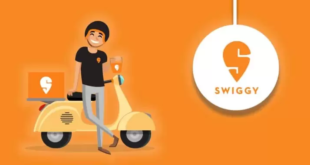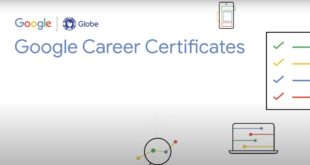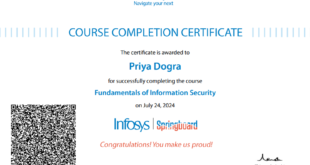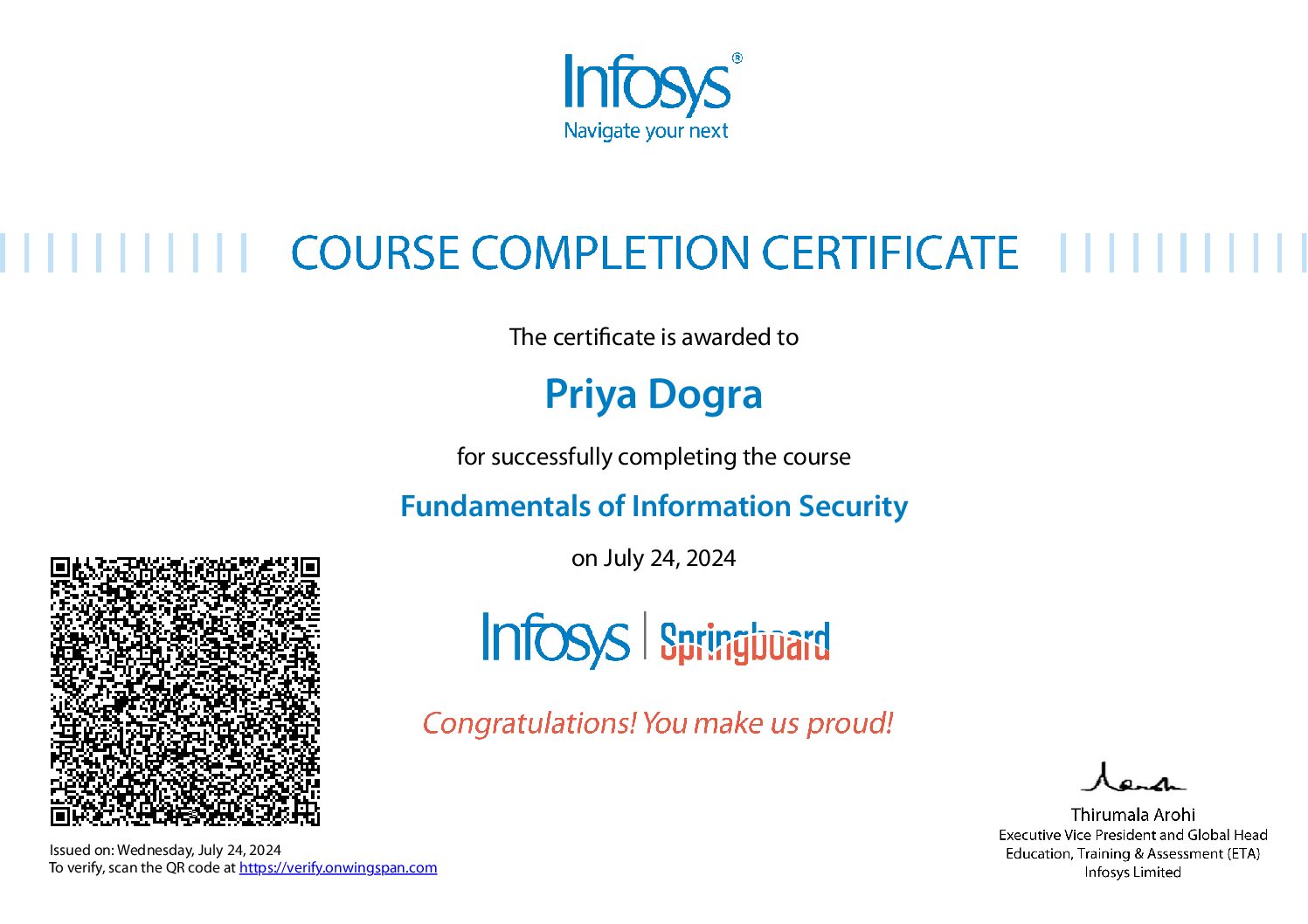This Cyber Security Free Certificate is designed to help you assess your knowledge of the basic Cyber Security Quiz. This is also a useful resource for employers to examine the technical Cyber Security knowledge of the candidates during an interview or for applicants. If you pass this test with 80% or above (16 questions or more), it is likely that you have a pretty solid fundamental knowledge of Cyber Security.
Here are the questions and answers:
Question 1: Which of the following passwords is the strongest? *
- Abcd
- pa55word
- 123123123
- c_72j5pyR#%
Question 2: Suppose you find somebody’s USB drive at your workplace. What do you do? *
- Pick it up and plug it in to try and find an indication of whom it belongs to, so you can return it.
- Leave it where it is. It’s not your problem.
- Hand it into reception for them to deal with.
- Take it home and use it.
Question 3: Your computer has just been infected with Ransomware and the hacker is demanding some moneybefore releasing it. What do you do first? *
- Send an email to the IT guy in the office.
- Try your best to get rid of it before anyone finds out
- Pay the ransom. You need your files back!
- Disconnect your computer from the network.
Question 4: You’re signing up to the website of a new game. The Form asks for the following details: Full name, email address, home address, telephone number. What do you do? *
- Give them all the details.
- Report the game – personal information should be kept private and secure.
- Check webpage for further details about why they need the information or ask an adult to help.
- Enter false information details.
Question 5: You’re doing a school project on poetry and find a poem online that you really like. You want to useit in your project. What do you do? *
- Add the poem to the project and pretend you wrote it yourself.
- Message the poet asking permission to use it in your project but give up when they don’t reply.
- Use the poem in the project but make sure you include the name of the person who wrote it.
- None of the above.
Question 6: Firewalls are to protect against *
- Virus Attacks
- Fire Attacks
- Data Driven Attacks
- Unauthorized Attacks
Question 7: Which of the following is private information? *
- I like swimming
- Dogs are my favorite
- My address is 2524 Ashoka Vihar
- Purple is the best color
Question 8: Anything you say or type online becomes public knowledge and stays online forever…even if you THINK you deleted it. *
- True
- False
Question 9: A new film comes out and you really want to watch it, but you don’t have enough money to pay for the cinema. You see a link to download it for free. What should you do? *
- Go into ‘Incognito’ mode, then download it and delete it if it doesn’t work properly
- Download it at your friend’s house
- Wait until it’s released for DVD/online video rental
- None of above
Question 10: A social media site is requesting you share personal information to go on your public profile. What information do you think is okay to add? *
- Your address, but don’t include the house number
- What school you go to
- Your mobile phone number
- None of the above
Question 11: Turning off the GPS function of your smartphone prevents any tracking of your phone’s location. *
- True
- False
Question 12: Snapchat has ‘location sharing’ options that can show your Snapchat ‘friends’ where you are. How can you stop this from happening? *
- Uninstall Google Maps
- Turn off your Bluetooth
- Select ‘ghost mode’ in your Snapchat settings, or manage which apps can access your location in your phone’s settings
- Don’t use Snapchat while connected to 4G
Question 13: What is the name of the agency that deals with Cyber security in India? *
- National Cyber Coordination Centre (NCCC)
- Defense Research and Development Organisation ( DRDO )
- National Informatics Centre (NIC)
- None of the above
Question 14: What does the “https://” at the beginning of a URL denote, as opposed to “http://” (without the “s”)? *
- That the site has special high definition
- That information entered into the site is encrypted
- That the site is not accessible to certain computers
- None of the above
Question 15: What exactly is a Botnet? *
- It is a malicious program that attempts to hide itself, other files, or computer data so they cannot be found on a computer.
- A group of computers running malicious programs that are remotely controlled by cybercriminals.
- A type of cyber virus to delete data.
- None of the above.
Question 16: Criminals access someone’s computer and encrypt the user’s personal files and data. The user is unable to access this data unless he/she pays the criminals to decrypt the files. This practice is called … *
- Botnet
- Ransomware
- Driving
- Spam
Question 17: Which one of the following is a type of antivirus program? *
- Quick heal
- Mcafee
- Kaspersky
- All of the above
Question 18: What is Malware? *
- New range of Tupperware for the 21st century
- Software designed specifically to intercept and read personal information.
- A virus protection for your computer and smart phones.
- None of above
Question 19: Which one of the following refers to the technique used for verifying the integrity of the message? *
- Digital signature
- Decryption algorithm
- Protocol
- Message Digest
Question 20: For Wi-Fi Security, which of the following protocol is mostly used? *
- WPA
- WPA2
- WPS
- Both A and C
 Priya Dogra – Certification | Jobs | Internships
Priya Dogra – Certification | Jobs | Internships



